Keywords: Human Rights Act
There are more than 24 results, only the first 24 are displayed here.
Become a subscriber for more search results.
-
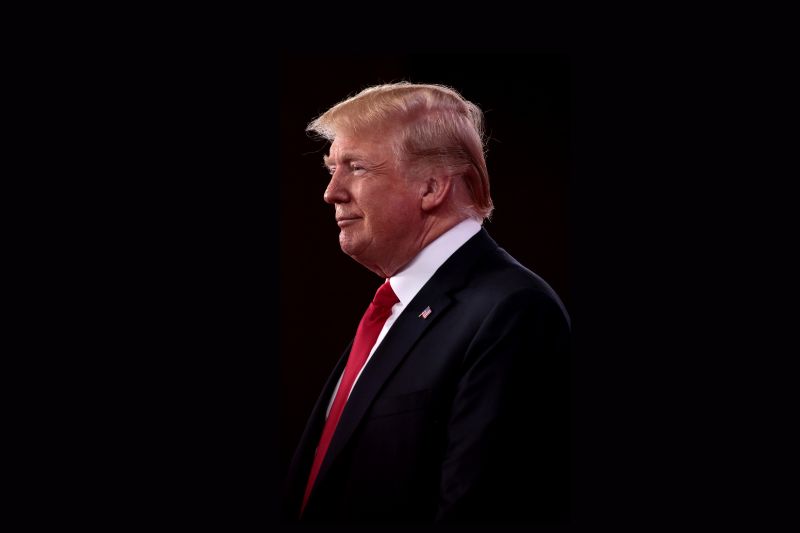
INTERNATIONAL
- Mark Beeson
- 28 November 2024
2 Comments
What does Donald Trump’s improbable return to the White House have to do with the mysteries of consciousness? Quite a lot, actually. From the psychology of a man shaped by relentless egotism to the social dynamics of his base, we scrabble for insights into what a Trump second term could mean for our fractured world.
READ MORE
-
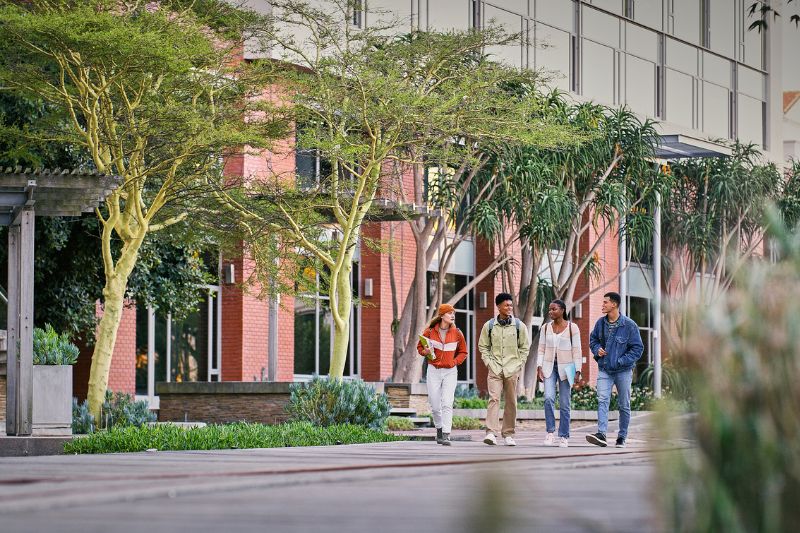
EDUCATION
- Erica Cervini
- 14 November 2024
4 Comments
At an ACU graduation event, students walked out in protest as Joe de Bruyn gave an address condemning abortion, single-parent IVF, and same-sex marriage. The event highlights tensions for Catholic institutions trying to balance traditional Catholic values while also embracing often opposing perspectives a diverse, pluralistic society.
READ MORE
-

INTERNATIONAL
- Mark Beeson
- 04 November 2024
The Doomsday Clock remains at 90 seconds to midnight, the closest it’s ever been to calamity. In addition to the atomic scientists’ original concern about nuclear war, now climate change and the possible dangers of AI are parts of a potentially combustible mix. In short, there is much to fret about for anyone paying attention.
READ MORE
-

AUSTRALIA
- Max Jeganathan
- 17 October 2024
2 Comments
Personalisation isn’t some idealistic attempt at bothsideism, but a pathway to restoring a measure of humanity to our public discourse. In a free society, what matters is not the disagreement itself but the way we treat those with whom we disagree.
READ MORE
-

AUSTRALIA
- Frank Brennan
- 25 September 2024
3 Comments
The Government is making another valiant effort to rein in the adverse effects of ungoverned digital platforms. But in debating such a detailed bill without the backstop of a constitutional or statutory bill of rights recognising the right to freedom of expression, there are no clear guard rails for getting the balance right.
READ MORE
-
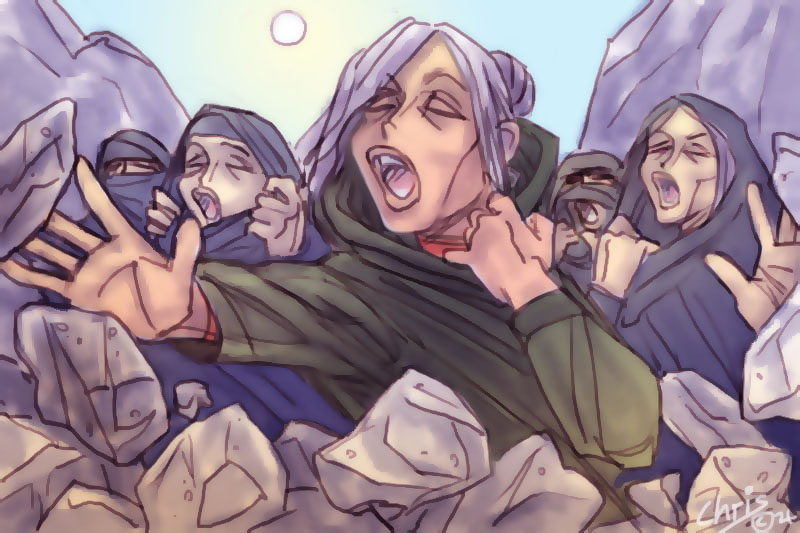
INTERNATIONAL
- Warwick McFadyen
- 17 September 2024
2 Comments
How do you try to turn a human into something less than human? You take away their voice. The Taliban in Afghanistan have recently introduced new laws that ban women’s voices and faces in public, continuing the extreme subjugation of half the Afghan population.
READ MORE
-
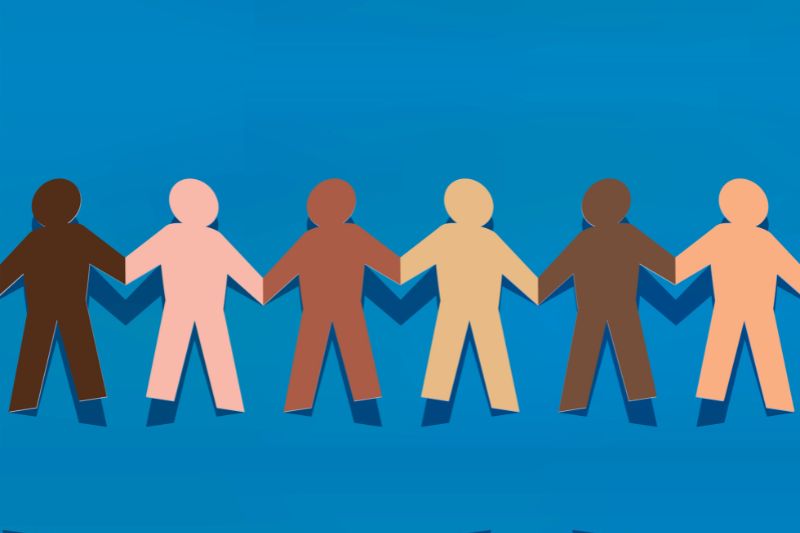
AUSTRALIA
- Joseph Camilleri
- 28 August 2024
3 Comments
As Australia faces numerous moral crises from domestic inequality to global militarization, a proposed national charter of principles could to reshape our society and redefine our global role. This declaration would acknowledge Indigenous dispossession, prioritize human rights, and shift focus from military alliances to human security.
READ MORE
-

EDUCATION
- Jacinta Collins
- 20 August 2024
11 Comments
As the discourse surrounding religious freedom in Australia becomes increasingly contentious, especially in the context of schooling, we must address the growing perception that holding religious beliefs and values — and making choices based on them — is somehow discriminatory or at odds with modern society.
READ MORE
-
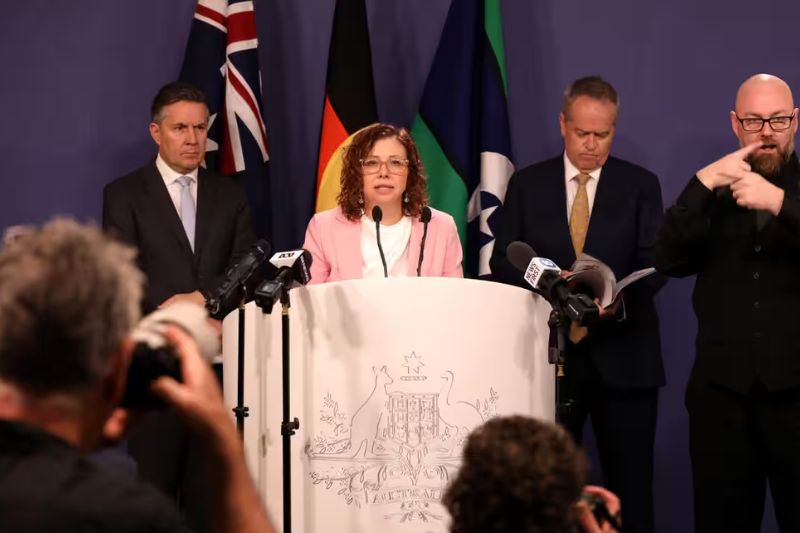
AUSTRALIA
- Justin Glyn
- 14 August 2024
The Federal Government response to the Disability Royal Commission is in. Out of 172 recommendations, only 13 have been fully accepted. These included many reforms that were already partially in progress. Disability advocates can, perhaps, be forgiven for being underwhelmed.
READ MORE
-
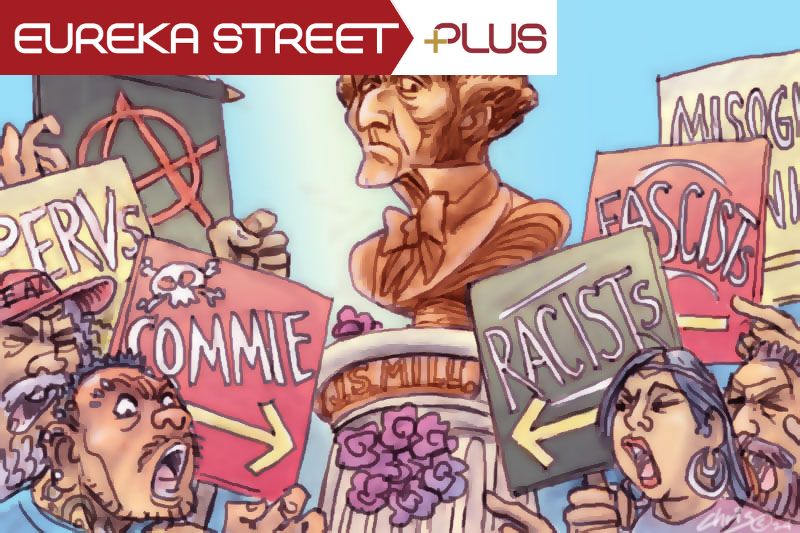
AUSTRALIA
- Russell Blackford
- 09 August 2024
2 Comments
Once the backbone of Western democracy, the philosophy championing free speech, tolerance, and civil political discourse is often reviled by those on both the Left and Right. In our desire for justice and meaning, is there a need to rediscover the principles that have long fostered human flourishing?
READ MORE 
-
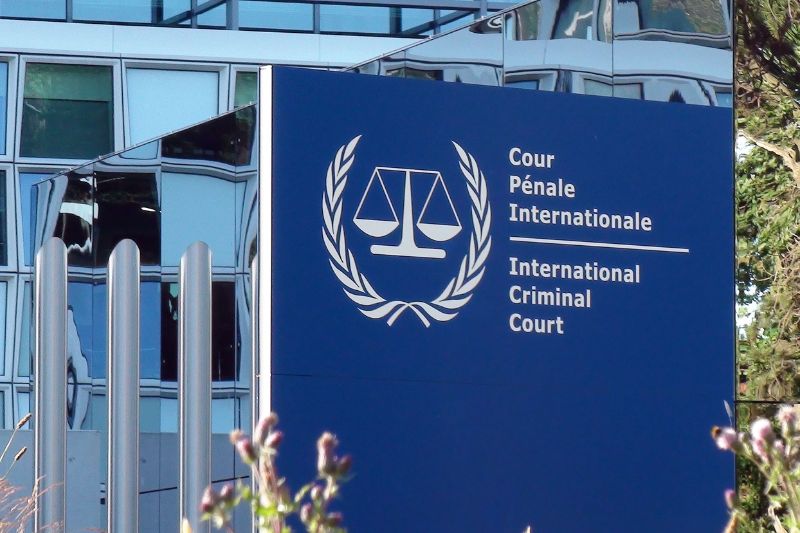
INTERNATIONAL
- Andrew Hamilton
- 08 August 2024
3 Comments
The International Court of Justice (ICJ) recently ruled that Israel’s occupation of Palestinian territories had violated international law by encouraging settlements on occupied land. While the judgment imposes legal obligations, it does not consider how they might be met.
READ MORE
-
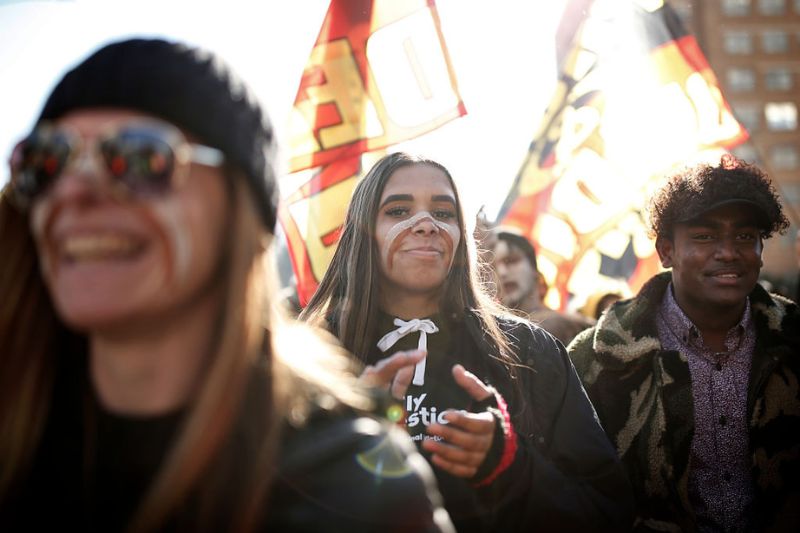
AUSTRALIA
- Andrew Hamilton
- 08 July 2024
1 Comment
A failed referendum leaves many Indigenous Australians feeling unheard, but hope remains. This year's NAIDOC Week takes on even greater significance. This celebration, born from a desire for recognition, is a time to reflect on how to build a more just Australia.
READ MORE